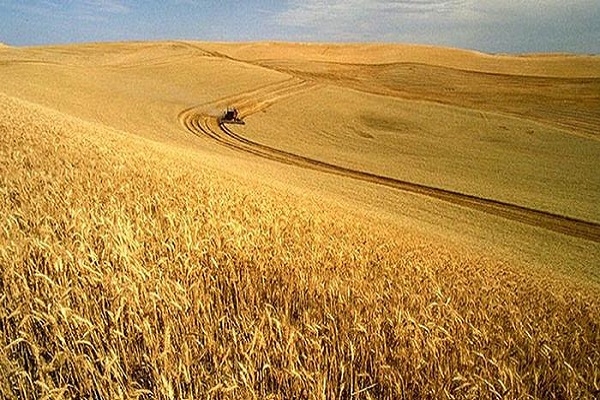Grain markets remain affected by rainfall in Brazil, drought in Argentina and harvest in Australia

Traders' attention is focused on the weather in South America and Australia, where conditions generally favor the completion of sowing and harvesting of wheat.
Wheat harvest is coming to an end in the south of Brazil . The intensity of precipitation has increased to a normal level, which will allow to accelerate the sowing of soybeans and corn. In the central and northern regions, planting of first-crop soybeans and corn is almost complete, and favorable rainfall is improving crop conditions. Next week, typical rains for this time of year will pass throughout the country.
In Argentina , rains have passed in some places, but the moisture deficit remains, so instead of corn, farmers will sow part of the area with soybeans. Next week, the heat at 28-30 o C with little precipitation will continue to worsen the condition of the crops.
Rains in the east of Australia , which could have worsened the quality of winter wheat and canola, have improved yields, so production forecasts will increase in the near future. During the week, dry weather is expected, which will speed up the harvesting of wheat and canola and reduce grain moisture.
In the Midwest and the Great Plains of the USA, a cold front brought precipitation in the form of snow and a drop in temperatures to -3-10 o C. Next week, frosts will intensify, which in the absence of snow can damage wheat crops.
In Ukraine , according to the data of the Ukrhydrometeorological center, in the period from November 5 to 15, the air temperature dropped below +5 o C, that is, the "pre-winter" period of winter crops began. In the steppe regions, the timing of the end of autumn corresponds to the norm, while in other territories, winter began 1-2 weeks later than usual. In the southern regions, as well as in the Dnipropetrovsk and Zakarpattia regions, winter crops were growing slowly and were in the phase of "nodal root formation" and "trubbing", late sowings were in the "seed germination" and "seedling formation" phase.
This year, the agro-meteorological conditions generally contributed to the completion of the winter crop growing season, as the sunny weather at the beginning of November and the gradual decrease in air temperature hardened the plants. A large amount of heat contributed to the slow development of late crops (in the phases of seedling, seed germination and the formation of stilts), the share of which, according to experts, was 60% at the end of autumn. The share of weeded crops ready for adverse wintering conditions is only 20-25%, but their condition is mostly good.


